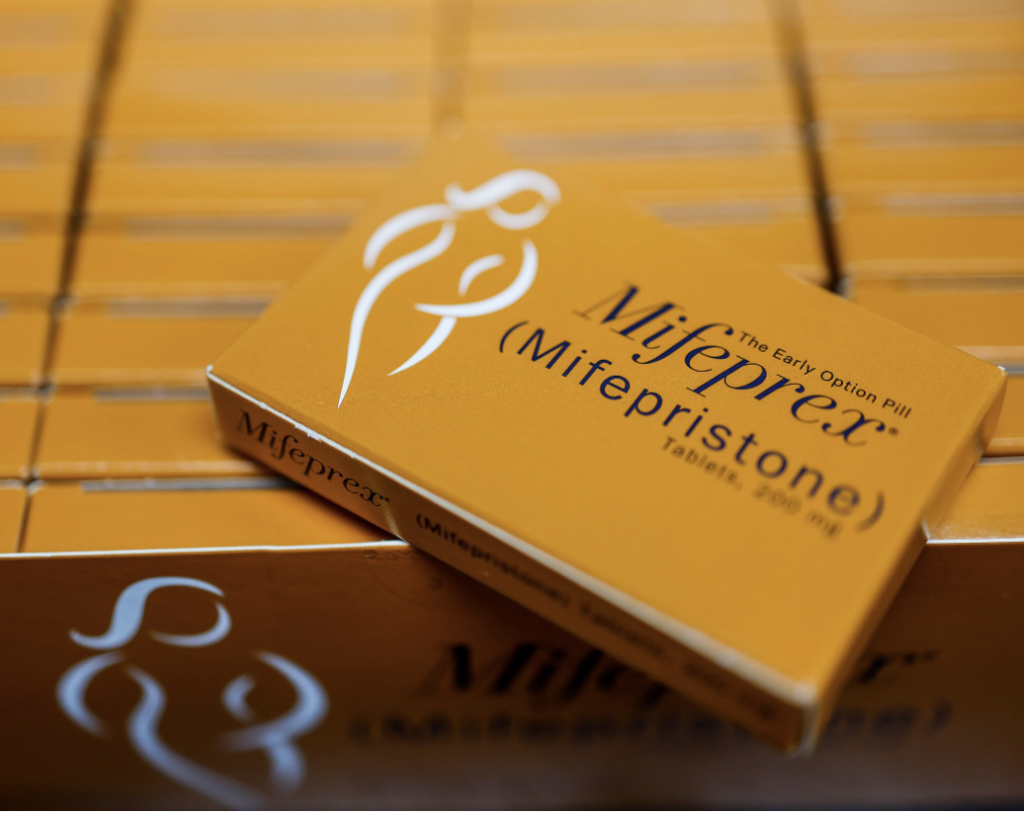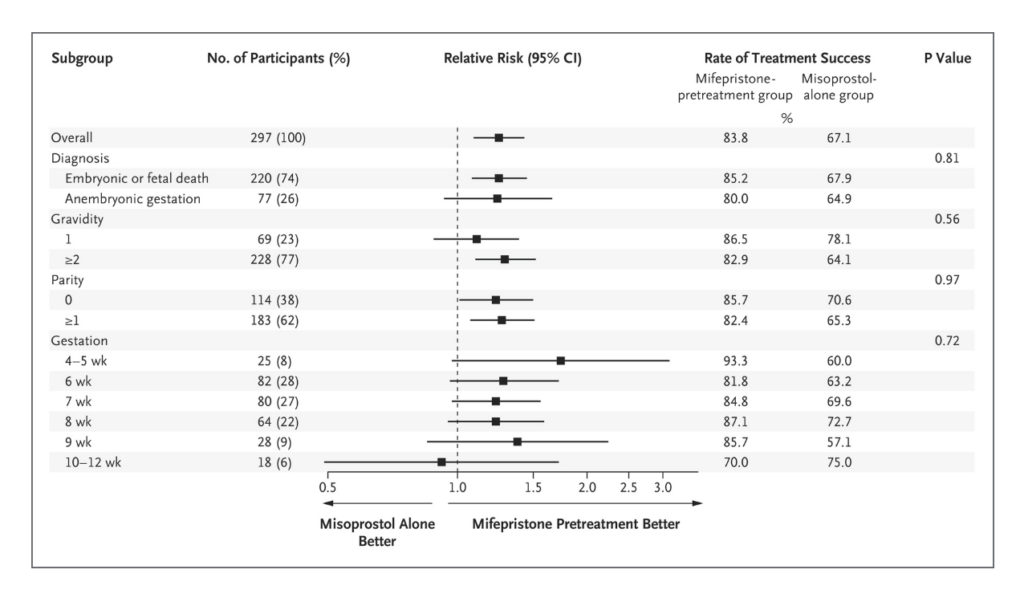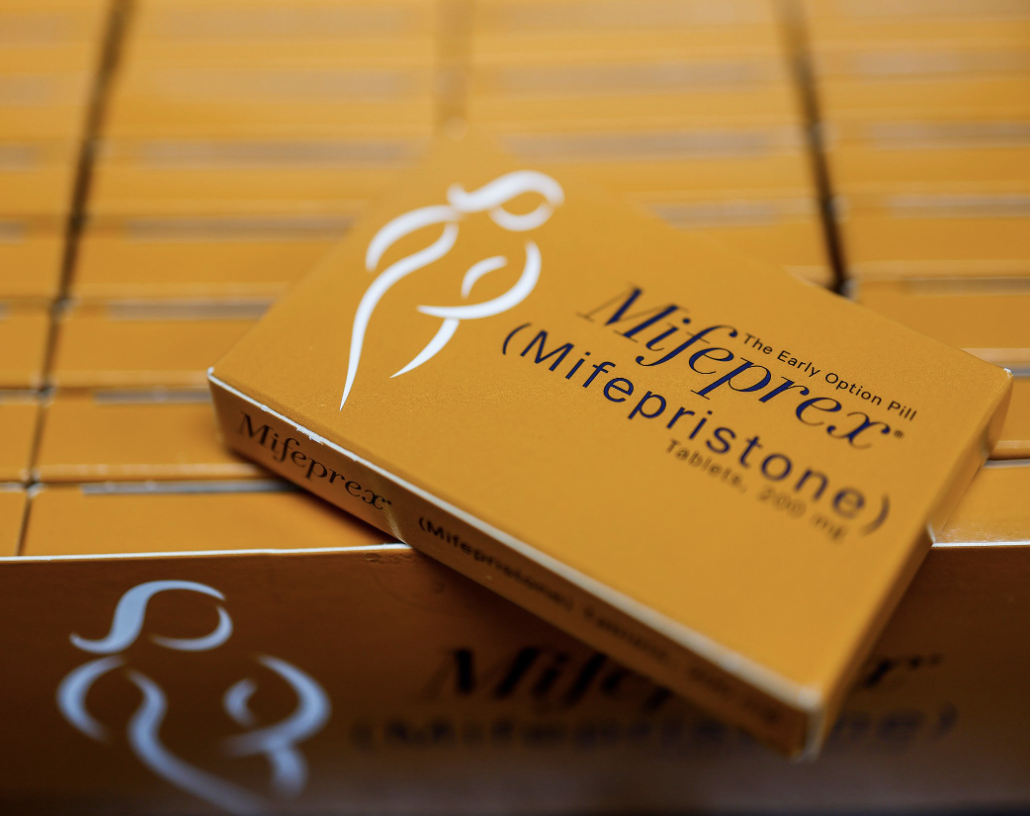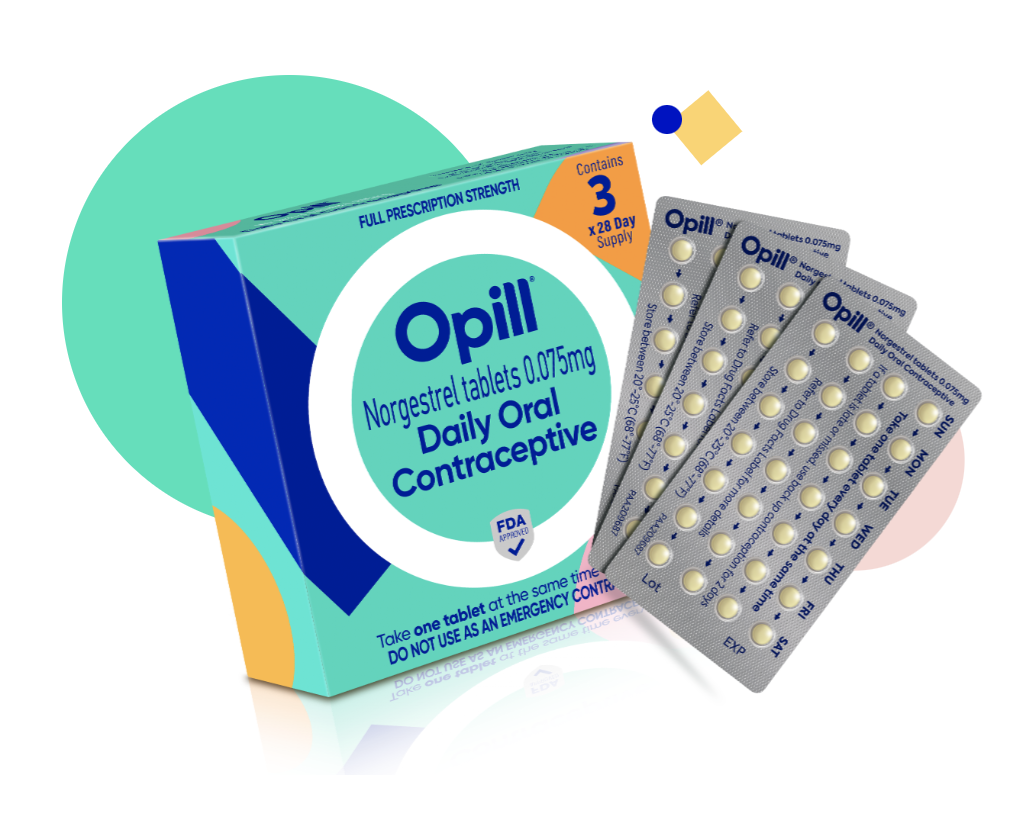
Mifepristone: A Beacon of Hope Beyond Abortion
In the heart of women’s healthcare, a profound misunderstanding lingers around the use of mifepristone. Commonly associated with abortion, its pivotal role in managing miscarriages remains under the radar for the general public. Unfortunately, this oversight narrows the perception of mifepristone’s broader medical significance. Even worse, these misconceptions place unnecessary hurdles in the path of women experiencing early pregnancy loss.
Mifepristone and Miscarriage Management: The Untold Potential
Mifepristone, when used in conjunction with misoprostol, offers a less invasive, more accessible option for managing early pregnancy loss. This combination therapy harnesses mifepristone’s ability to prepare the uterus for misoprostol, enhancing the drug’s effectiveness. A landmark study in the NEJM by Schreiber et al. significantly underscores this point. This study showed that the success rate of miscarriage completion is markedly higher in women who received mifepristone before misoprostol.

The implications of these findings are profound. Changes in the care of early pregnancy loss are few and far between. A treatment that is minimally invasive AND minimizes the psychological and physical strain on women is a huge gain. The opportunity to manage miscarriage in a private, less invasive manner can greatly impact the well-being of women during a sensitive time.
Overcoming Barriers for Mifepristone Access
The journey to secure mifepristone for miscarriage management is riddled with regulatory obstacles, primarily because of its link to abortion. Indeed, despite the quality evidence, I have NEVER had a patient able to get their prescription easily filled. Such stigmatization not only skews the perception of the drug’s comprehensive medical benefits but also restricts essential care for women. Recent initiatives by CVS and Walgreens to dispense mifepristone, mark a hopeful shift towards enhanced access. Nonetheless, this advancement faces hurdles in areas with strict abortion laws, where the drug’s availability is severely limited, irrespective of its purpose.
The Legal Arena’s Influence on Mifepristone Accessibility
The Supreme Court’s forthcoming verdict in Alliance for Hippocratic Medicine v. U.S. Food and Drug Administration threatens to restrict mifepristone’s accessibility for both abortion and miscarriage management. Following Roe v. Wade’s overturn in 2022, this lawsuit, propelled by anti-abortion groups, targets the FDA’s approval of mifepristone, alleging neglect in procedural and safety standards. Filed in conservative Amarillo, Texas, the case illustrates how ideological biases risk undermining evidence-based medicine and the drug approval system. The Supreme Court’s decision will critically impact healthcare services, spotlighting the urgency for a system rooted in scientific proof and patient welfare.
Paving the Way for Better Understanding and Access
Enhancing mifepristone’s accessibility and comprehension for miscarriage management requires collective action from medical professionals, advocates, and patients. Education is key in debunking myths and highlighting the drug’s essential advantages. By disseminating research, personal stories, and factual data, we can reshape the narrative around mifepristone, fostering a more knowledgeable and empathetic approach to women’s healthcare.
Championing Women’s Health and Autonomy
Advocacy for mifepristone in miscarriage management centers on empowering women with choices that honor their autonomy, mental well-being, and healthcare needs. It’s crucial that every woman navigating early pregnancy loss has access to her preferred care method. United efforts can usher in a future where women’s healthcare decisions are met with support and freedom from undue obstacles.
In Summary: Advocating for Compassionate Healthcare
Mifepristone’s pivotal role in miscarriage management underscores a vital component of holistic women’s healthcare that merits widespread acknowledgment and support. In striving to remove barriers and expand access, we aim to guarantee every woman the compassionate care and choices she rightfully deserves during challenging times. Together, through heightened awareness, education, and advocacy, we can effect substantial change in the lives of numerous women, advocating for a healthcare landscape that is genuinely inclusive and compassionate.

My name is Natalie Stentz. I am a board-certified OB-GYN and fertility specialist. I believe that women’s health matters and that optimal health starts at home with small changes applied over a lifetime.







Read the Comments +